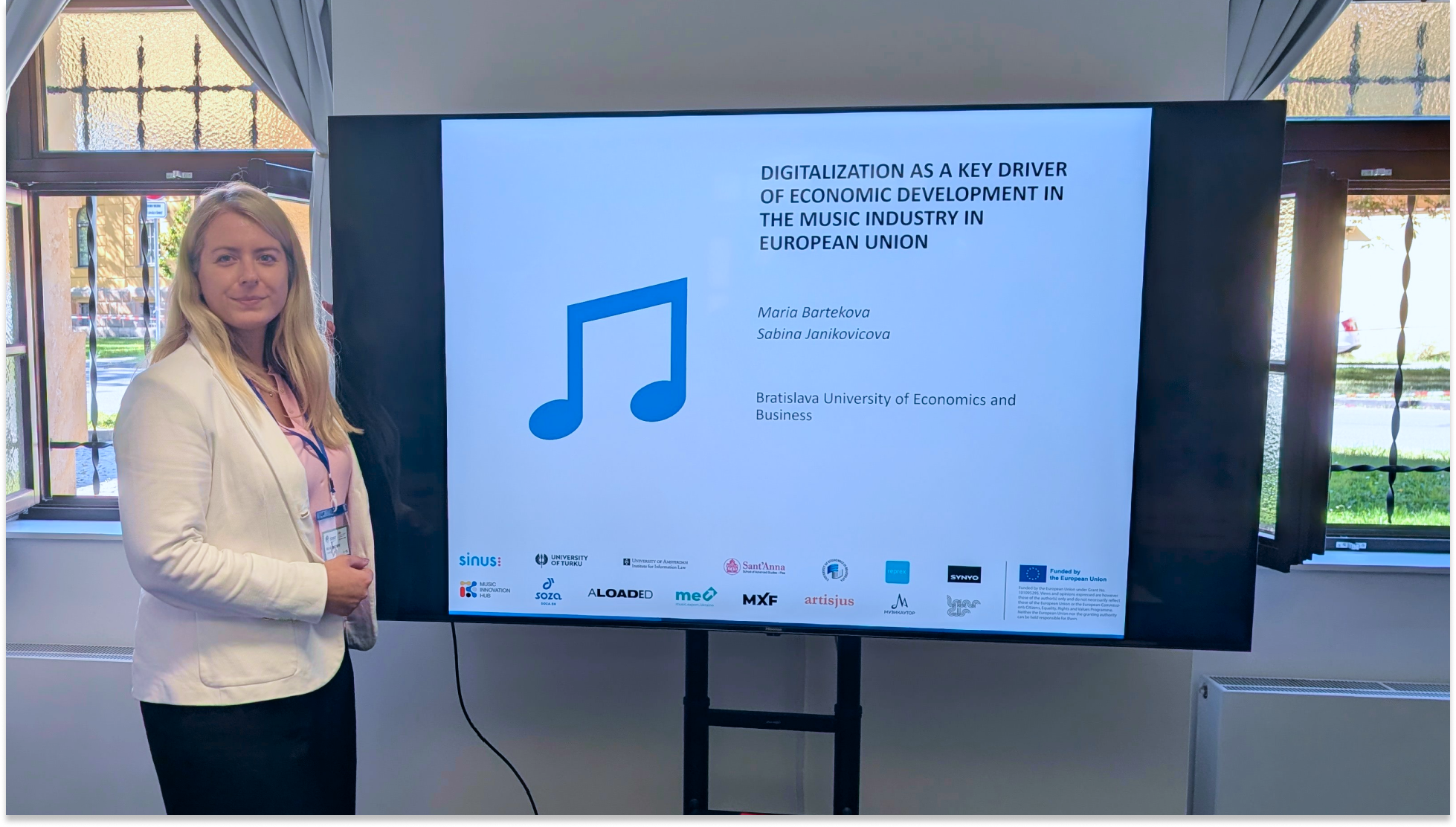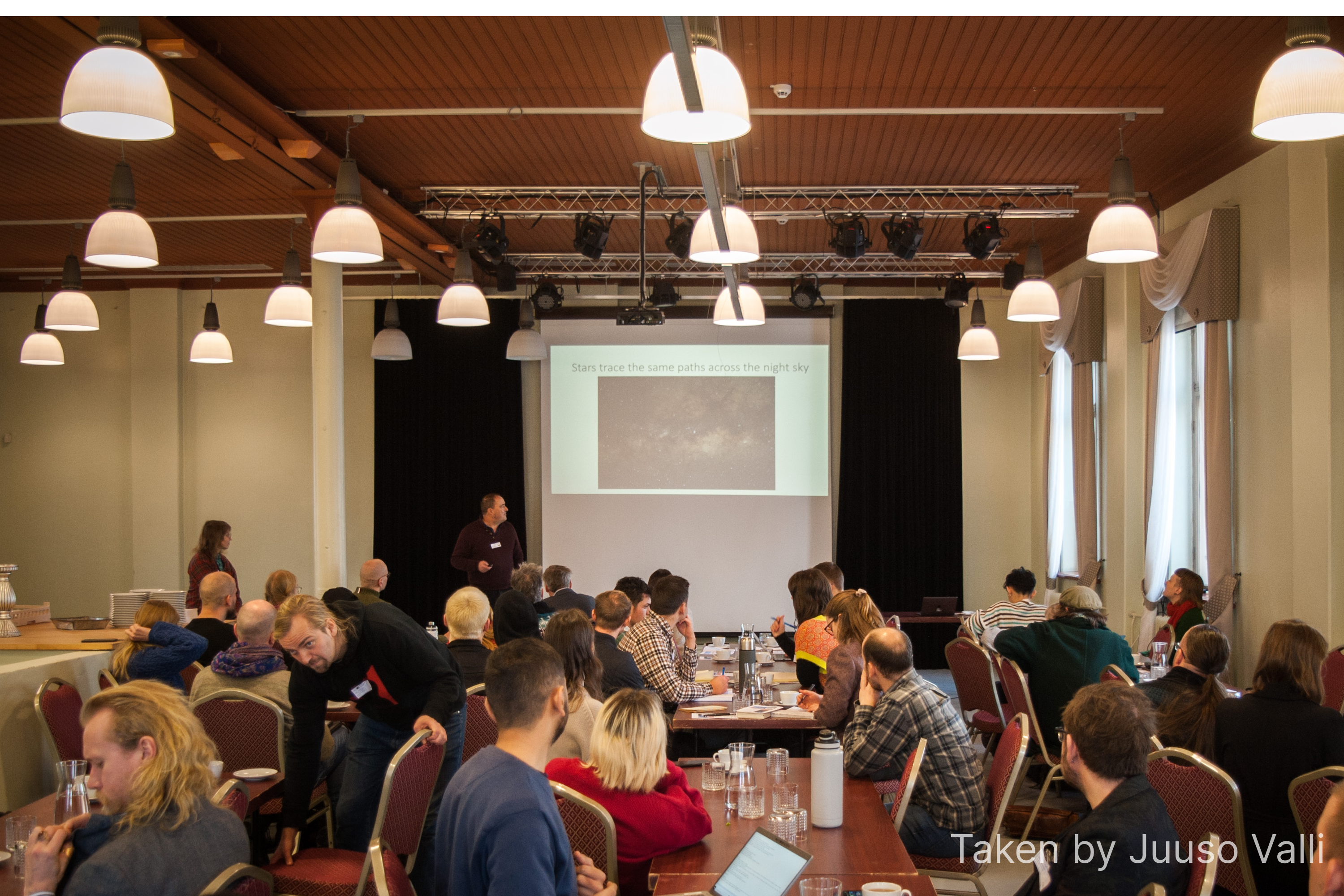
Between Data and Melodies: What the IDIMT 2025 Conference on AI and Music Brought
The IDIMT 2025 conference took place on 3–5 September 2025 in the beautiful historic city of Hradec Králové (Czechia). For more than three decades, IDIMT has been a space where experts from various disciplines have met to discuss current challenges in information management and complex systems. This year, it was held in the spirit of the theme “AI everywhere? The glory and fall of artificial intelligence“, which aptly reflected the current discussions about the possibilities and limits of artificial intelligence.
The history of IDIMT dates back to the early 1990s and in 2025 it confirmed its status as a major international forum in the field of interdisciplinary research. Published contributions have undergone a strict review process and have been indexed in Scopus. Thanks to this, the conference has once again become a prestigious place for presenting the latest scientific results.
The year 2025 brought a discussion about how artificial intelligence is penetrating all areas of our lives. Speakers and participants addressed the questions of whether AI is becoming a ubiquitous tool, what opportunities it offers for business and society, but also what risks and dilemmas its rapid development brings.
The program included diverse thematic sections – from AI in crisis management, through cybersecurity and digital transformation, to sustainability, ethics and new forms of cooperation between academia and industry. Thanks to its broad scope, the conference was attractive not only to scientists, but also to practitioners from business practice.
One of the areas discussed by Bratislava University of Economics and Business was the music industry, which is a typical example of an industry where digitalization and artificial intelligence are changing established operating models. Research presented at the conference showed that revenues from streaming platforms in the European Union are growing more significantly in countries with higher economic development. While household consumption did not have a consistent impact, long-term economic maturity proved to be a key factor. This trend was also confirmed by the persistent digital divide between richer and poorer countries, which is reflected in access to infrastructure, digital literacy and opportunities for artistic creation.
The music industry is directly linked to sustainability – while digitization reduces the need for physical media, streaming also brings new environmental challenges associated with the energy intensity of data centers. Some platforms, such as Spotify, have therefore started to invest in carbon-neutral operations or renewable energy sources. This example shows that the connection between technology, economy and culture is complex and requires innovative solutions.
Participants who were engaged in research related to artificial intelligence, information management, digital transformation or the music industry had an ideal platform to present results, establish new contacts and discuss the future of AI. Ultimately, the interdisciplinary discussions in Hradec Králové brought an inspiring and stimulating experience.





